The International Rescue Committee (IRC) has developed global expertise on access to quality education for refugee, migrant, and displaced populations. In 2019, Tinker supported IRC to undertake a first-of-its-kind research study on the academic and social-emotional learning (SEL) needs of Venezuelan students in Colombia. The researchers found significant gaps in literacy and particularly math skills among both populations underlining the importance of addressing both access and quality as part of Colombia’s admirable efforts to integrate migrants into its public-school system. The findings also show the importance of addressing social-emotional learning among both migrant and host communities to ensure a safe learning environment.
Related Posts
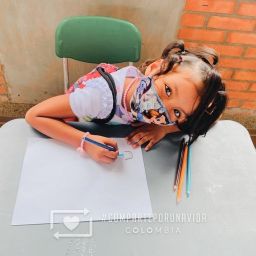
The Foundation will fund 11 organizations working to ensure educational equity during the pandemic.
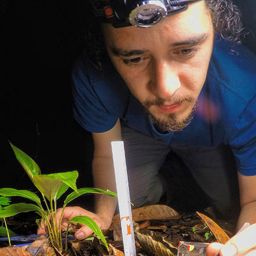
The Foundation is delighted to announce the launch of the Tinker Field Research Collaborative in partnership with 15 U.S. universities.
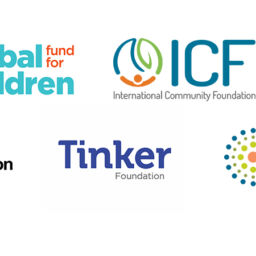
Tinker is pleased to announce its participation in RECARGA, a funder coalition to support public education systems in Central America as they rebound from the COVID-19 pandemic.

In this research brief from early 2019, the authors analyze the current legal frameworks for addressing Venezuelan migration in key receiving countries in Latin America.

Most foundations in the United States do not accept unsolicited funding requests. Why does Tinker?
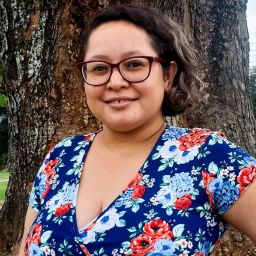
Hablamos con Dunia Perdomo, Coordinadora General de Proyectos en OYE, sobre su respuesta institucional frente a la pandemia y dos huracanes devastadoras en el 2020.
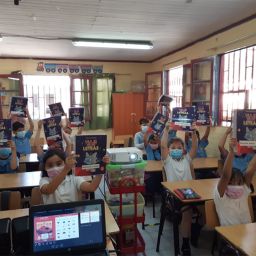
Loreto Iglesias tells us how the Fundación Educacional Crecer con Todos drew on their many years of experience to address school closings in Chile.
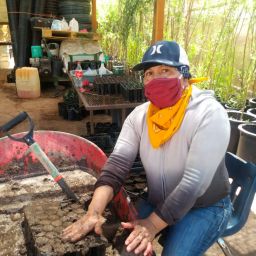
We asked three Tinker grantees – Organization for Youth Empowerment (OYE), the Sonoran
Institute in Mexico, and Women’s Justice Initiative – how they have responded to the pandemic.
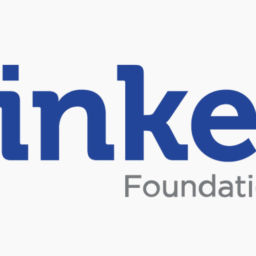
Tinker will operate one grantmaking cycle in 2025 and is accepting LOIs for the following programs: Democratic Governance, Education, and Sustainable Resource Management.
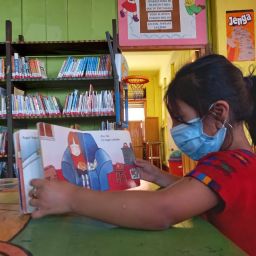
The Tinker Foundation announces 11 new grants that demonstrate its commitment to educational equity during the pandemic.
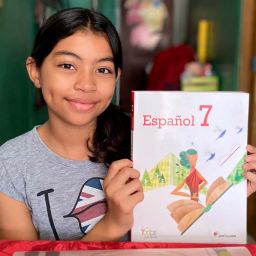
As we approach the third year of the pandemic, the Tinker Foundation announces funding to 12 organizations working to ensure equitable access to education.
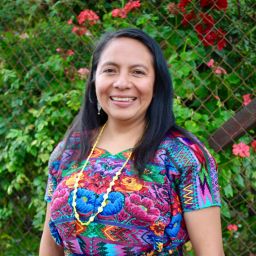
We interviewed Elvia Raquec, Programs Director at Women’s Justice Initiative, who oversees the expansion of the organization’s work to new communities..
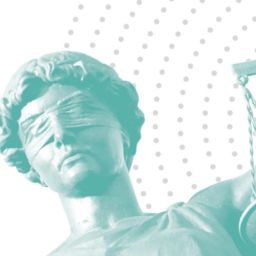
This project led by Espacio Público encompassed a study of major corruption cases in four countries –
Argentina, Brazil, Chile, and Guatemala – to identify factors that enable effective administration of justice, as well as recommendations for each country and the region.
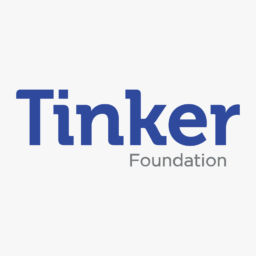
The Foundation welcomes Dr. O’Neil as its fourth Chairperson and thanks Alan Stoga for his years of service.
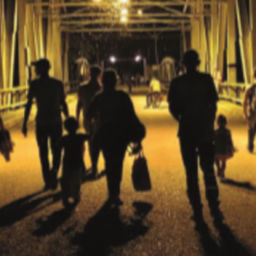
Produced through a collaboration between dozens of organizations in the region, The Civil Society Plan of Action outlines key priorities for those advocating for migrant and refugee rights in the Americas.